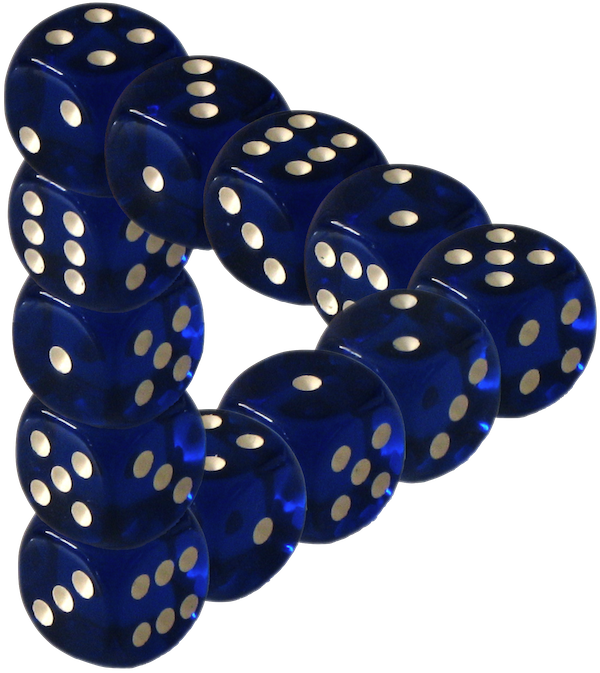EvoLudoLab: Moran process on random regular graphs: Difference between revisions
No edit summary |
No edit summary |
||
| Line 1: | Line 1: | ||
{{EvoLudoLab:Moran| | {{EvoLudoLab:Moran| | ||
options="-- | options="--module Moran --run --delay 100 --view Strategies_-_Structure --timestep 1 --popupdate B --popsize 1000 --geometry r3 --inittype mutant 1,0 --fitness 1,2"| | ||
title=Evolutionary dynamics on the complete graph| | title=Evolutionary dynamics on the complete graph| | ||
doc=On random regular graphs any vertex can be reached from any other one in relatively few steps. Consequentially, the invasion process of mutants is similar to the complete graph (or even unstructured populations) and no characteristic invasion patterns emerge, with the only difference that it takes a little longer. | doc=On random regular graphs any vertex can be reached from any other one in relatively few steps. Consequentially, the invasion process of mutants is similar to the complete graph (or even unstructured populations) and no characteristic invasion patterns emerge, with the only difference that it takes a little longer. | ||
For the simulations, the population size is \(N=1000\) and every vertex has \(k=3\) neighbours. The fitness of residents is set to \(1\) and that of mutants to \(2\). Thus, a single mutant has approximately a \(50\%\) chance to take over the population. Typically it takes around \(40\) generations for the mutant to reach fixation, which is around twice as long as in an unstructured population.}} | For the simulations, the population size is \(N=1000\) and every vertex has \(k=3\) neighbours. The fitness of residents is set to \(1\) and that of mutants to \(2\). Thus, a single mutant has approximately a \(50\%\) chance to take over the population. Typically it takes around \(40\) generations for the mutant to reach fixation, which is around twice as long as in an unstructured population.}} | ||
Revision as of 10:23, 4 August 2024
| Color code: | Residents | Mutants |
|---|---|---|
| New resident | New mutant |
| Payoff code: | Residents | Mutants |
|---|
Evolutionary dynamics on the complete graph
On random regular graphs any vertex can be reached from any other one in relatively few steps. Consequentially, the invasion process of mutants is similar to the complete graph (or even unstructured populations) and no characteristic invasion patterns emerge, with the only difference that it takes a little longer.
For the simulations, the population size is \(N=1000\) and every vertex has \(k=3\) neighbours. The fitness of residents is set to \(1\) and that of mutants to \(2\). Thus, a single mutant has approximately a \(50\%\) chance to take over the population. Typically it takes around \(40\) generations for the mutant to reach fixation, which is around twice as long as in an unstructured population.
Data views
| Snapshot of the spatial arrangement of strategies. | |
| 3D view of snapshot of the spatial arrangement of strategies. | |
| Time evolution of the strategy frequencies. | |
| Snapshot of the spatial distribution of payoffs. | |
| 3D view of snapshot of the spatial distribution of payoffs. | |
| Time evolution of average population payoff bounded by the minimum and maximum individual payoff. | |
| Snapshot of payoff distribution in population. | |
| Degree distribution in structured populations. | |
| Statistics of fixation probability for each vertex where the initial mutant arose. | |
| Statistics of conditional fixation times of residents and mutants as well as absorption time for each vertex where the initial mutant arose. | |
| Message log from engine. |
Game parameters
The list below describes only the few parameters related to the evolutionary dynamics of residents and mutants with fixed fitness (constant selection). Numerous other parameters are available to set population structures or update rules on the player as well as population level.
- --fitness <r,m>
- fitness of residents r and of mutants m.
